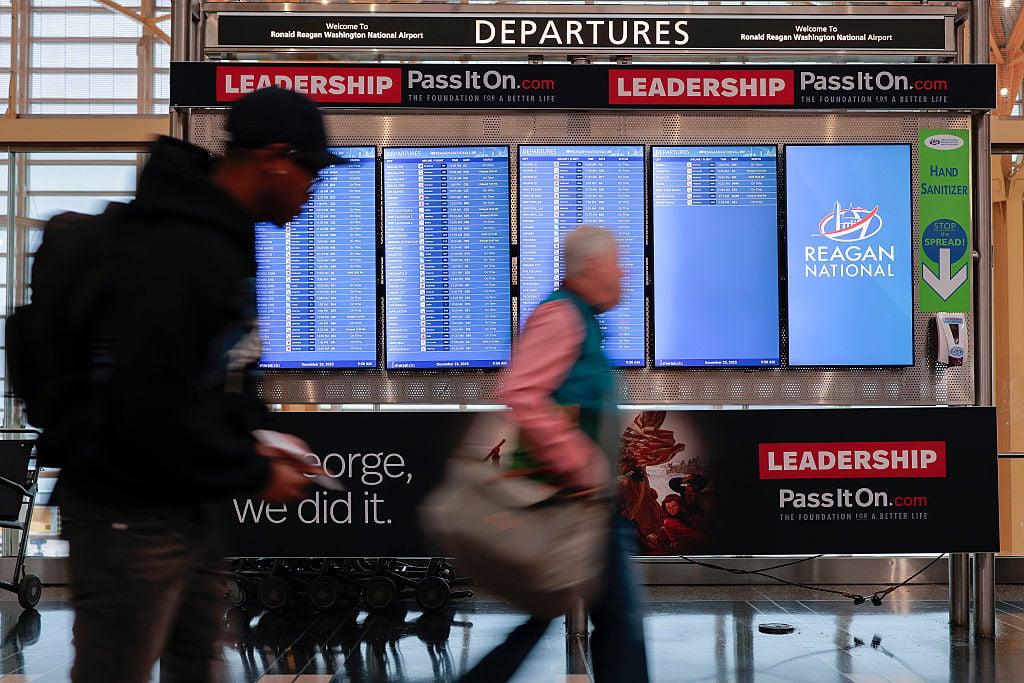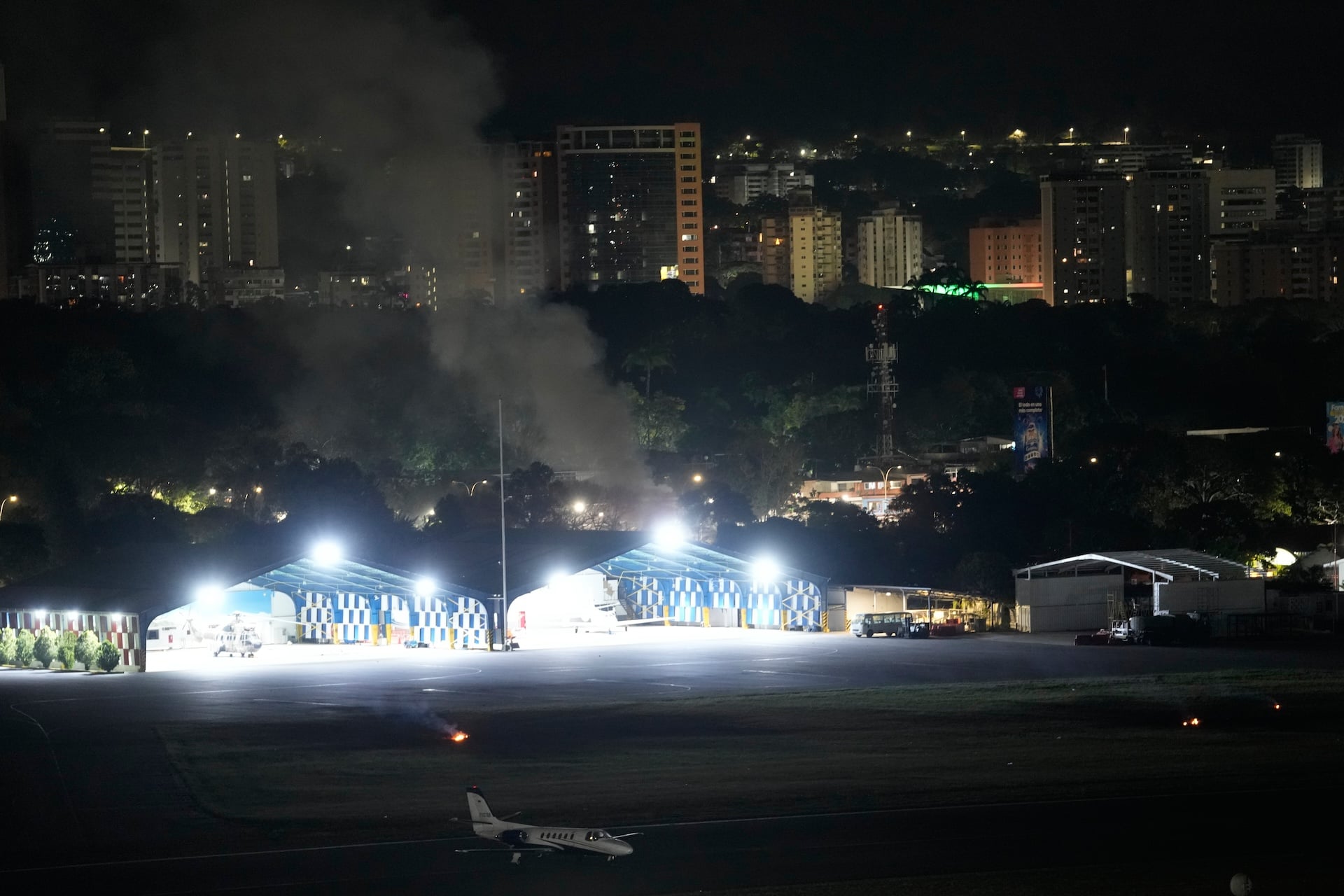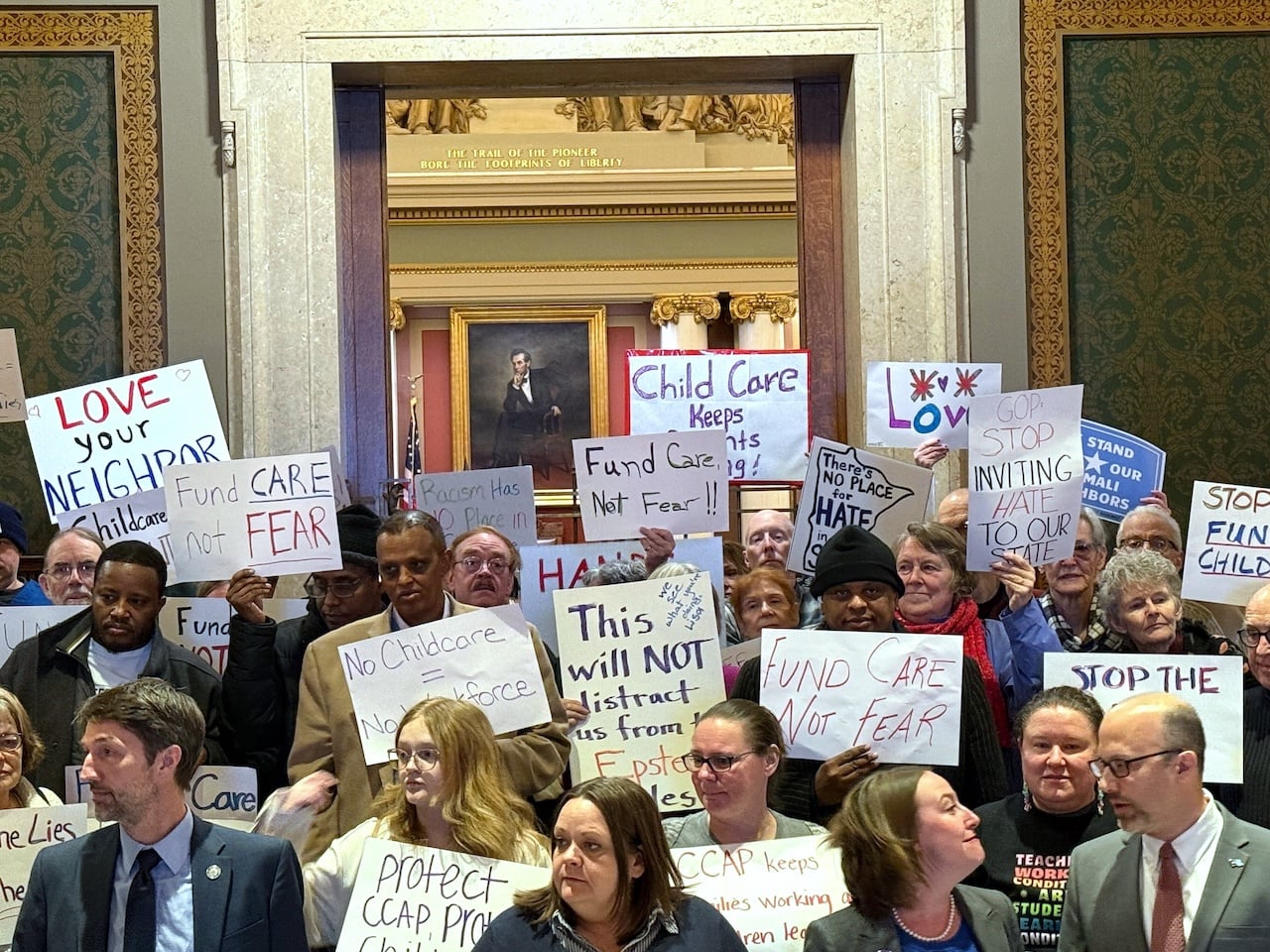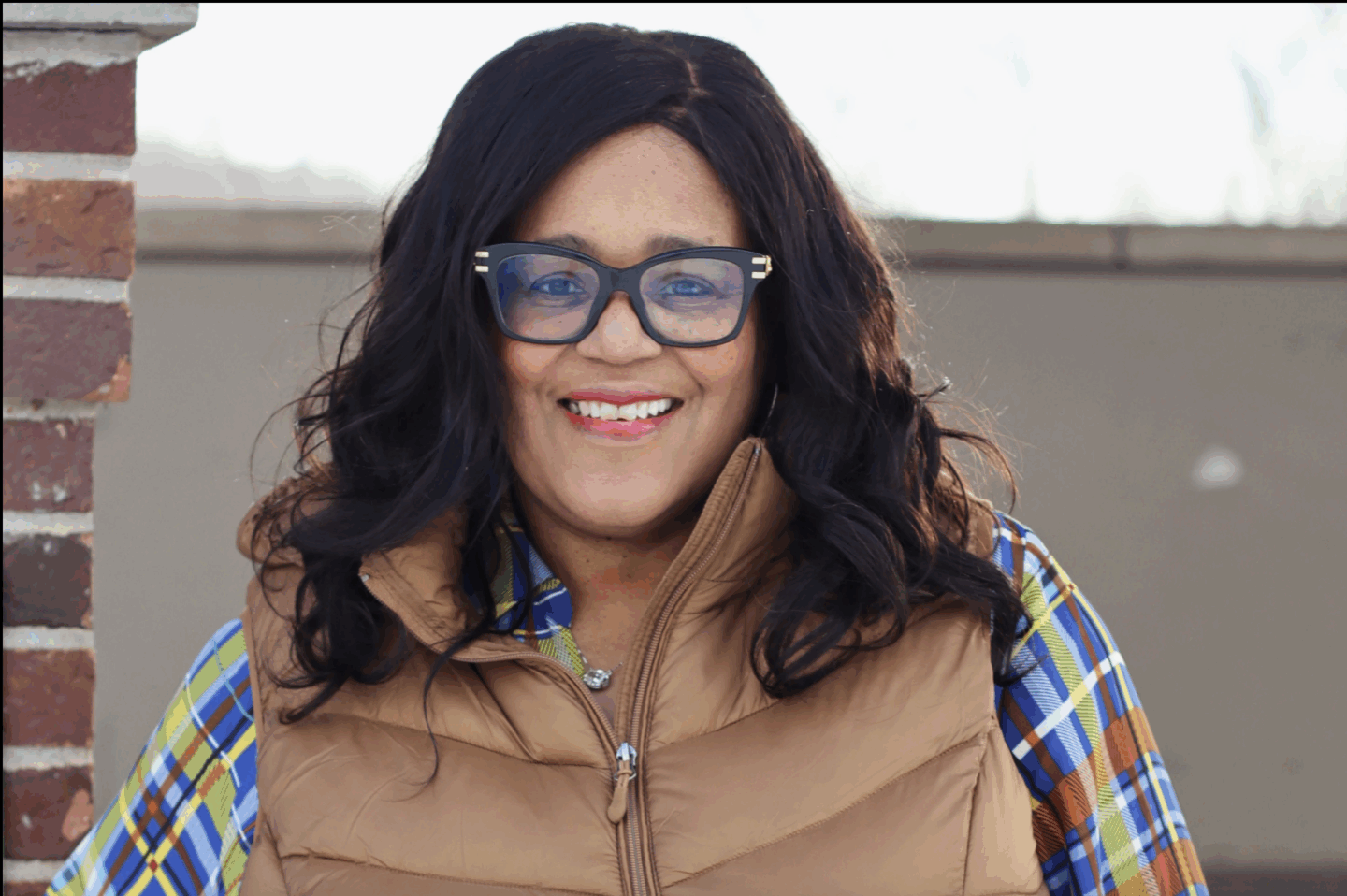Illinois launches DNA pilot program connecting Black people with their African roots


The Illinois Family Roots Pilot program is expanding across the state after launching in June with 250 kits.
A program aimed at helping Black residents trace their ancestry, and in some cases, reconnect with living relatives in Africa, is expanding across the state of Illinois.
The Illinois Family Roots Pilot Program, launched in June, is a $500,000 state-funded initiative that sponsors free DNA tests and genomic analysis by The African Kinship Reunion research (TAKiR) project led by principal investigator and researcher LaKisha David at the University of Illinois at Urbana-Champaign, The Chicago Tribune reported.
The project uses advanced genomic technology to help repair the historical disconnection caused by the transatlantic slave trade. Participants can submit their DNA through free at-home kits or share existing results from other ancestry services. Scientists then analyze up to 1.8 million genetic markers and compare them with samples from West Africa, particularly Ghana, to identify potential familial ties.
The program, open to all residents of Illinois, was prompted by a growing demand for accessible, culturally focused ancestry research and the recognition that commercial DNA testing services often come with costs that put them out of reach for many. State Representative Carol Ammons of Urbana, who secured funding for the initiative, said the goal was to create a free, community-centered tool to help Black Illinoisans reclaim their family histories and rebuild connections disrupted by centuries of slavery and systemic racism.
After she and her husband paid hundreds of dollars to do their own DNA testing to trace their roots, she realized firsthand how inaccessible gaining this meaningful information can be.
“We felt and believe that it is inappropriate for the descendants of those who were enslaved in the Americas or anywhere else in the world to have to pay a commercial vendor to find out where they come from,” she told Illinois Public Media.
The city of Evanston, where many have already had the chance to begin the process, has partnered with the program through its Reparations Committee.
“My hope is that Evanston residents that take this test and receive their results feel more grounded and rooted in who they are,” Robin Rue Simmons, chairwoman of the Evanston Reparations Committee, told the Chicago Tribune. “I hope they gain more clarity in their demands and in their case for racial justice and healing, and that they are able to celebrate a culture that has been stripped away. It’s very important we know our history.”
So far, 250 kits have already been distributed, primarily in Evanston during Juneteenth celebrations and at a meeting of the city’s Reparations Committee. Last week, the program began its next rollout, part of its goal to distribute a total of 1,600 kits statewide.
Though the solution for true reparations is not easily found, Simmons called the program “an assist” in repairing the Black community.
“My vision for this program is that it strengthens the Black community and it increases our leadership, our vision, our pride, and our ability to reach our full potential and be fully repaired,” she added. “This program gives us an assist in repairing ourselves—at least by giving us access to understanding our lineage. From there, we can explore, self-educate, embrace and uplift our culture.”
What's Your Reaction?
 Like
0
Like
0
 Dislike
0
Dislike
0
 Love
0
Love
0
 Funny
0
Funny
0
 Angry
0
Angry
0
 Sad
0
Sad
0
 Wow
0
Wow
0





























